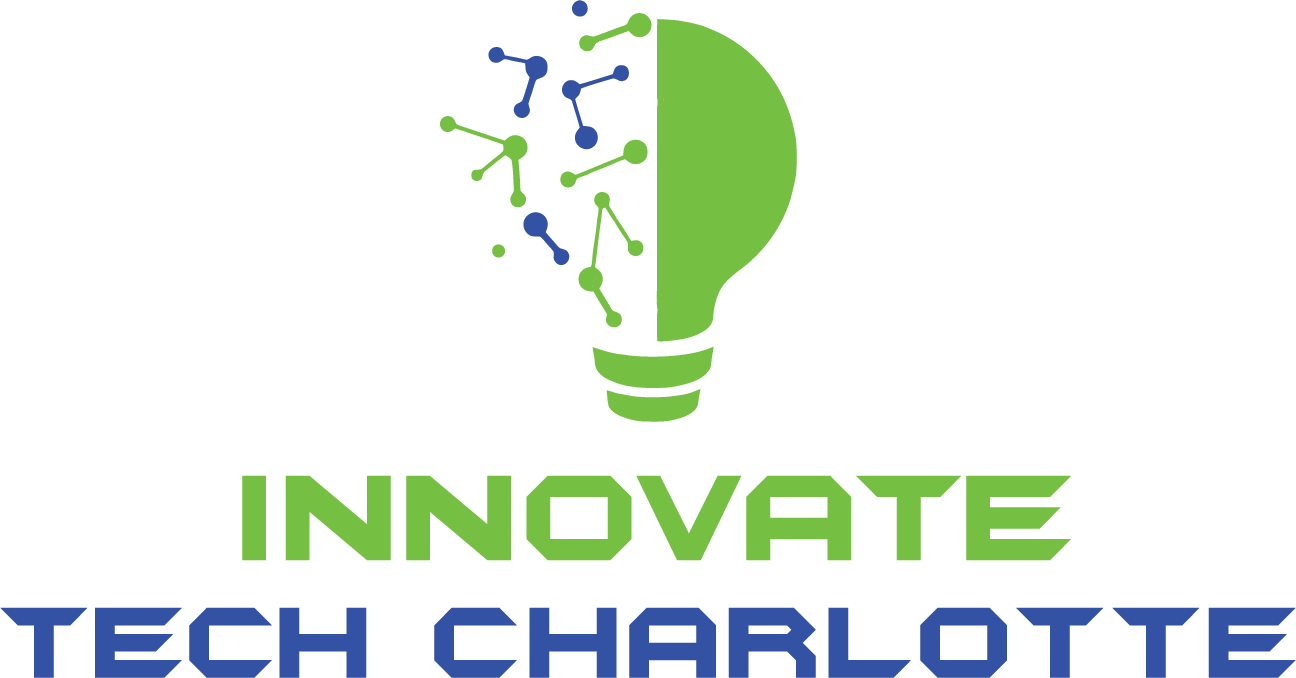The impact of AI on the workforce, particularly from the perspective of students, is multifaceted and far-reaching. Here are some key points to consider:
Student Concerns and Perceptions
Many students are concerned about the impact of AI on their future careers and educational choices.
– Career Path Uncertainty: A significant number of students worry about the impacts of AI on their career paths and majors. For example, 37% of students are worried about the impacts of AI on their career paths, and 36% worry about the impacts on their majors.
– Reconsidering Majors: The rise of AI is causing some students to doubt or reconsider their choice of major, especially those in STEM fields. One in three STEM majors (33%) are more likely to doubt or reconsider their major compared to non-STEM majors (25%).
Need for AI Preparation in Education
Students and employers alike recognize the importance of preparing students for an AI-driven workforce.
– AI Skills and Training: Nearly three-quarters of currently enrolled college students believe their institutions should be preparing them for AI in the workplace. The top priorities include teaching the ethics of using AI, core skills like critical thinking and problem-solving, and practical training in using AI.
– Integration into Curriculum: There is a growing consensus that colleges and universities need to integrate AI into their curriculum to prepare students for the future workforce. This includes weaving the use of AI into existing coursework and providing practical applications of AI skills.
Impact on Job Market and Career Choices
AI is influencing what students want to study and pursue as careers.
– Career Choices: The rise of AI is significantly influencing students’ career plans, with 11% of students saying it has had a major impact, and an additional 31% saying it has had some impact.
– Job Market Readiness: Students are concerned about their marketability in an AI-driven job market. More than half of recent college graduates question their preparedness for the workforce due to the growth of AI, and only 55% are confident that their job will not be replaced by AI.
Ethical and Practical Training
Students seek both ethical and practical training in AI to prepare them for the workforce.
– Ethical Considerations: The ethics of using AI is a top priority for students, with nearly three in four students choosing this as a key area for education.
– Practical Skills: Students also want practical training in using AI, recognizing that these skills will make them more employable. For instance, students at the University of South Florida’s Muma College of Business are exposed to AI technologies that help them understand how AI can be applied in various settings.
Future Workforce and Productivity
AI is expected to significantly alter the future workforce, and students need to be prepared for these changes.
– AI Adoption: Most organizations are expected to use AI by 2028, with generative AI transforming how work is done across various industries. This will require workers to acquire AI skills to remain relevant.
– Productivity and Career Benefits: The acquisition of AI skills is expected to boost productivity and career benefits. Employers estimate that workers with AI expertise could see their pay increase by 35% or more, and AI is expected to help workers complete tasks more efficiently.
In summary, the impact of AI on the workforce from a student perspective is marked by concerns about career uncertainty, a strong desire for AI preparation in education, and the need for both ethical and practical training. As AI continues to reshape the job market, it is crucial for educational institutions to adapt their curricula to prepare students for the challenges and opportunities of an AI-driven future.
